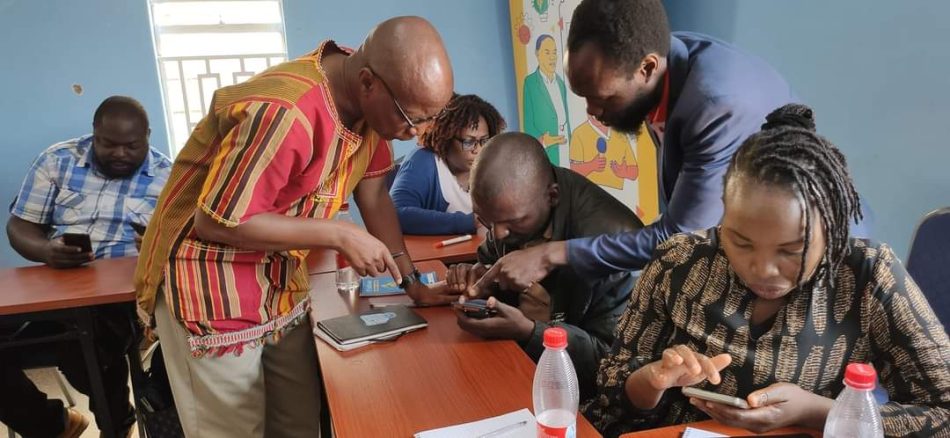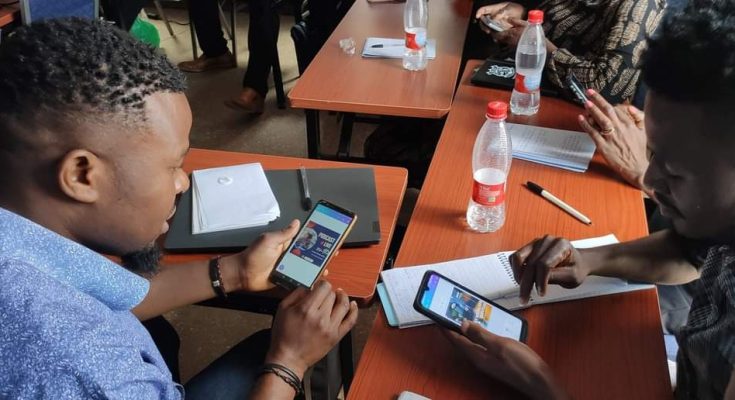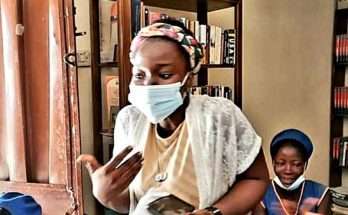As the end of the Cold War era unleashed winds of change across the world, and Africa in particular, in 1994, Malawi, a narrow southern African nation nestled between Zambia and Mozambique, wrestled back a number of freedoms from the clutches of a tyrant in power since the country gained self-rule from the British empire 31 years previously. Donor money was poured to support the new media industry, build journalists’ capacity, and unleash law reform.
But while support for journalism across Southern Africa has dwindled, a vibrant free press remains to this day. And while democracy appears to hold in Southern Africa, it’s on the retreat in many regions of the world.
Authoritarian populists appear on the rise. The confidence in the ultimate triumph of democracy that was in the air at the end of the Cold War, has been replaced by remarkable uncertainty over the future of democracy.
Illiberal democracy and autocracy are making inroads in Europe and Asia while after many years of relative stability, military coups are back in fashion across West Africa.
The demagogues, smelling a new route to power, have displayed scant regard for democratic values, playing on their people’s fears and prejudices, particularly in the wake of globalization and immigration.
And journalism has been caught in between the ensuing pandemonium. Across authoritarian states such as Russia, Belarus and Eritrea, journalists languish in jail for simply doing their work. Globally, some 363 journalists were in jail in 2022, according to the Committee to Protect Journalists (CPJ), a New York-based non-profit organization while 16 journalists have so far been killed in 2023 alone.

Those seeking to destabilize democracies and spread authoritarianism have felt imbued by a new arrow in their quiver, however.
The rise of fake news, or disinformation if you like, has become a potent threat to democracies across the world. It has led to electoral manipulations and sworn mistrust in vital institutions of democracy, including the media itself. The rise of alternative reality, or in short falsehood, is a new challenge journalists now have to deal with as it confronts the very principle that defines journalism’s essence: credibility.
When attacking the credibility of journalists –which sometimes includes cyberbullying– has not worked, across the world, cyber-attacks on websites publishing independent journalism content have been on the rise.
At first, it was just an army of trolls and bot accounts spreading fake news but now a more potent weapon has come to the fore. For better and for worse, artificial intelligence will define the world in the next century and even define the future of journalism. AI will potentially improve journalism and can also be used to promote democracies but what cannot be ignored at this stage of the AI revolution is that it will also make fake news more potent; more difficult to detect and empower organized disinformation campaigns.
So journalism, civil society, and all stakeholders of democracy must wake up to this live threat. Journalists must be equipped with how to explore the good aspects of AI and how to use it to fight disinformation. But just like when the iron curtains of the Cold War came crumbling down, journalists in the developing world, in particular, will need special support to bring them up to speed with what is happening. We cannot afford to leave one part of the world behind. There is a domino effect always in play in politics.
So just like when journalists in the global south were supported on how to conduct the most basic of media operations; create cartoons, author columns, and host radio talk shows to speak truth to power and hold the powerful accountable in the post-Cold War era, today they must be supported to be able to navigate the world of deep fakes and technology so advanced that they say it amounts to, according to one writer in the Economist, hacking the human operating system.




